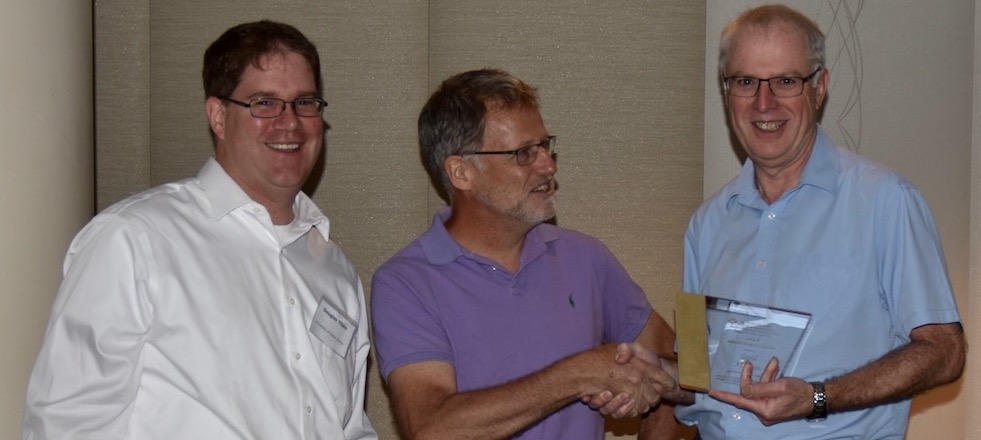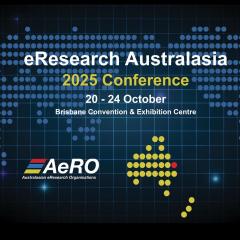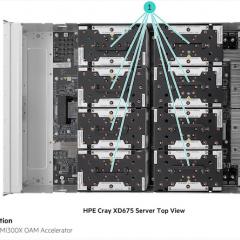
RCC Director Prof. David Abramson received a prestigious computing award in Washington D.C. on Wednesday, 28 June.
Prof. Abramson received the High Performance Parallel and Distributed Computing (HPDC) Achievement Award for his pioneering research in the field.
The award was presented to him at this year’s HPDC conference in Washington D.C., where Prof. Abramson delivered a keynote address titled: “Caches all the way down: Infrastructure for Data Intensive Science”, about the RCC-designed supercomputer FlashLite and UQ’s high performance data storage fabric MeDiCI.
The award announcement said Prof. Abramson is “well known for creating the Nimrod family of distributed computing systems, for pioneering work in grid and cloud economic models, and for creating techniques for the debugging and verification of complex systems.”
UQ Vice-Chancellor Prof. Peter Høj congratulated Prof. Abramson in a letter, saying: “This is wonderful news and a fitting acknowledgement of your role as a leading Australian technologist.” He added: “It is always affirming to hear that our staff are doing well in a fast-moving and competitive academic environment. UQ is fortunate to have a researcher and leader of your talent in our Research Computing Centre.”
Visit the HPDC website for more information about the award.
The premier high performance computing conference was focused this year on talks about HPC applications. Prof. Abramson was particularly impressed with the following keynotes:
- Janice Coen, National Centre for Atmospheric Research, U.S., spoke of the needs of high fidelity wildfire models, and how these are improving our ability to predict the behaviour of complex wildfires.
- Julia Lane, New York University, spoke on building secure platforms for research on human subjects.
- Rick Stevens, Argonne National Laboratory, U.S., spoke about how computer architectures will need to adapt to cater for a new generation of computational models that hybridise traditional numeric models with deep learning networks.



